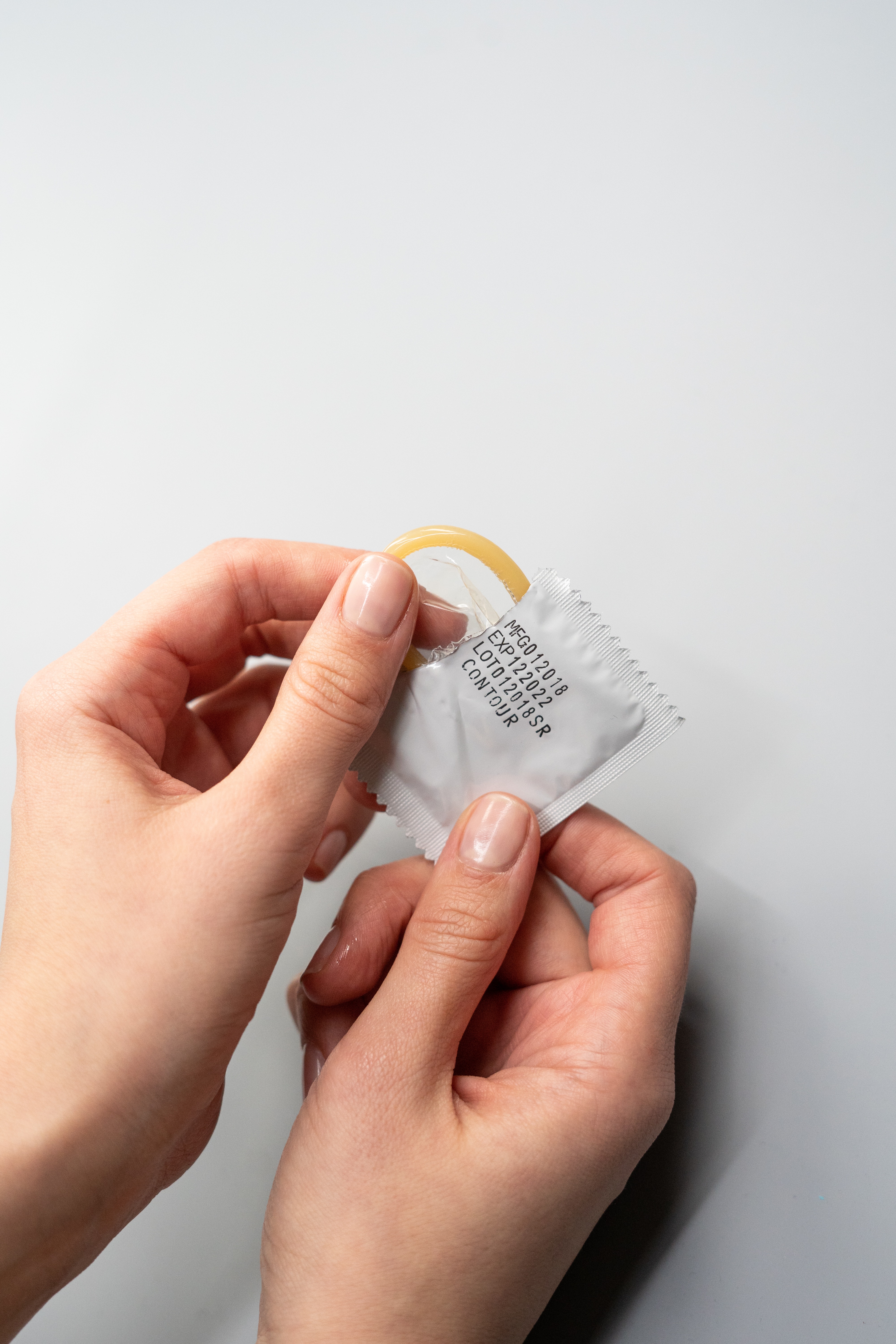Family, Children & Elderly
Contraception: How it Works, and What are its Types?
By S.I. (staff writer) , published on March 31, 2023

Medicine Telehealth Health condoms IUCD
What is Contraception?
Contraception, also known as birth control, prevents pregnancy [1] through various methods such as barrier methods, hormonal methods, intrauterine devices, and sterilization [2]. The goal of contraception is to allow individuals to plan and space out their pregnancies.
This also involves preventing unplanned pregnancies and reducing the risk of spreading sexually transmitted diseases. Various contraceptive methods are available, and each has its own advantages and disadvantages. Understanding the different methods of contraception and their risks and benefits can help individuals make the best decision for their health and life goals.
How Does Contraception Work?
Contraception or birth control works by preventing pregnancy through various methods:
Condoms are a barrier method of contraception. They create a physical barrier and prevent the sperm from reaching the egg, hence hindering them from meeting and fertilizing.
Hormonal contraceptives are another form of contraception. These prevent up to 50-80% of pregnancies [3]. Hormonal contraceptives contain hormones such as estrogen or progestin, which suppress ovulation and thicken the cervical mucus to prevent fertilization.
Intrauterine devices are small, T-shaped devices inserted into the uterus to prevent fertilization. These are frequently used in the US for contraception [4].
Sterilization is a permanent form of contraception in which a man or woman undergoes a surgical procedure to make them unable to reproduce.
It is important to speak to a healthcare provider to find a method of contraception that suits your lifestyle and needs.
What are Types of Contraception?
The most common types of contraception methods are hormonal contraception, barrier methods, and intrauterine devices (IUDs) [5].
- Hormonal contraception: it includes birth control pills, skin patches, and vaginal rings. These contraceptives are very effective in preventing pregnancy, but they do not protect against sexually transmitted diseases.
- Barrier methods of contraception include condoms, diaphragms, and cervical caps. Condoms are the most popular barrier method as they are also effective in preventing the spread of sexually transmitted diseases.
- Intrauterine devices (IUDs) are small, T-shaped devices inserted into the uterus. IUDs are very effective in preventing pregnancy and can last up to 10 years.
All types of contraception have advantages and disadvantages; you need to consult a doctor to find the best method for your needs.
Contraception and Sexually Transmitted Diseases (STDs)
Contraception can protect against unintended pregnancy and prevent the spread of sexually transmitted diseases (STDs).
Condoms are the most effective tool against the spread of STDs, as they provide barrier protection.
Other methods of contraception, such as birth control pills, do not protect against STDs. It is also important to practice safe sex and get tested for STDs regularly.
References:
1- Contraception - StatPearls - NCBI Bookshelf (nih.gov)
2- Birth Control - PubMed (nih.gov)
3- Emergency contraception: how does it work? - ScienceDirect
4- Contraception - StatPearls - NCBI Bookshelf (nih.gov)
Find articles related to: Medicine Telehealth Health condoms IUCD
More articles about Family, Children & Elderly
Back to the Health Tips Index




